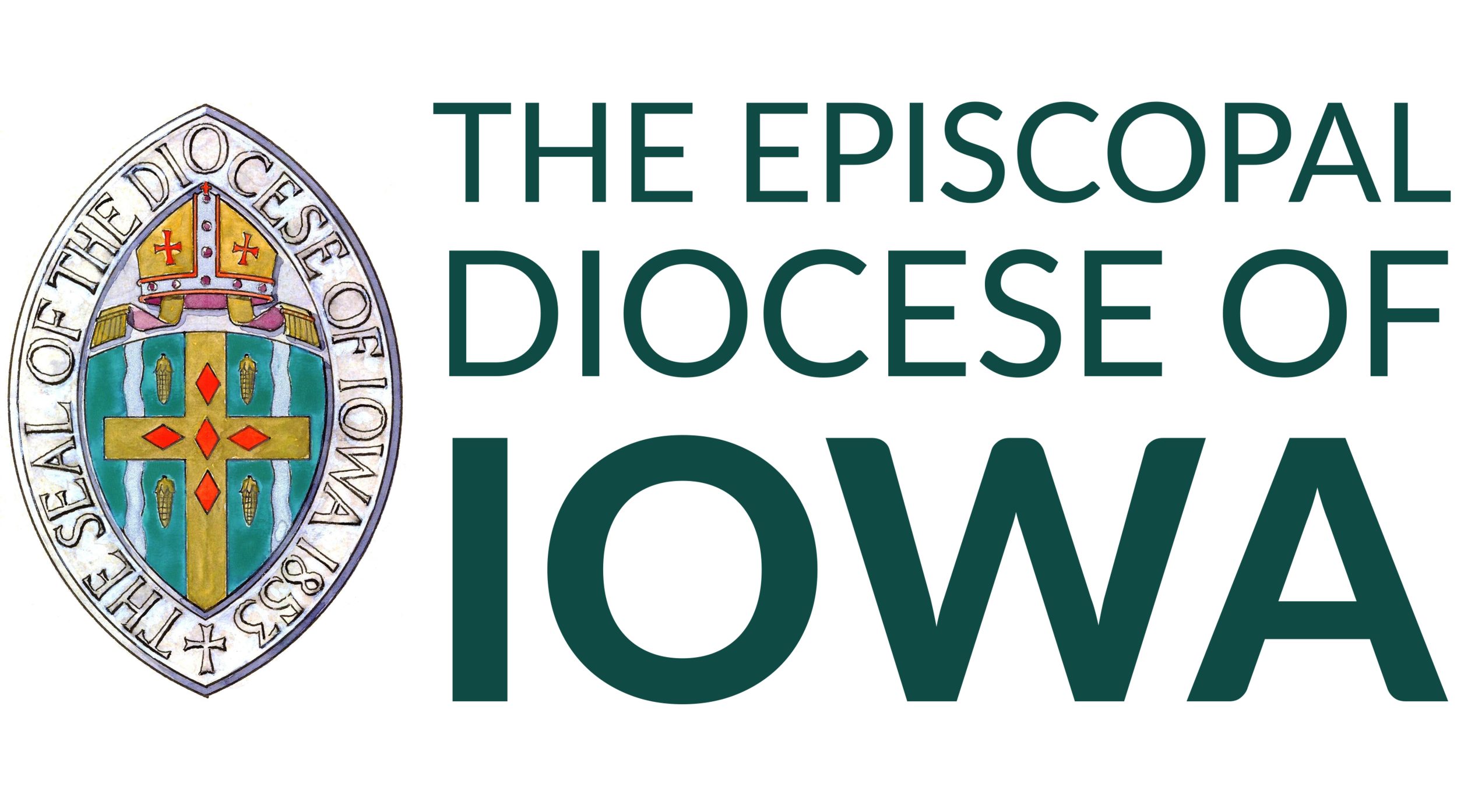Objectives
The Ministry Development Team will be able to use the history of Christianity and the Episcopal Church to inform their teaching and leadership of their congregation in their context. Team members will be able to:
1. Complete a Team and Individual Assessment and Learning Plan
2. Compare and contrast the Pauline churches with the shared ministry churches envisioned by Roland Allen.
3. Understand and articulate the theological issues that caused the first four ecumenical councils to take place.
Explore the evolution of the creeds and their importance today
Understand the heresies that prompted the ecumenical councils and how these ancient heresies live today.
4. Compare and contrast the pre-Constantinian church with the post Constantinian church
5. Explore the Reformation and its influence/evolution into today’s denominations.
Political issues with which Henry VIII dealt
Explore theology of Thomas Cranmer
Explore the theological foundation of the Elizabethan Settlement by Richard Hooker and his integration of scripture, tradition and reason.
6. Describe the roles that William White and Samuel Seabury played in the establishment of the Episcopal Church
Describe the beginning of the American episcopate
7. Describe the Enlightenment and how this movement challenged the Church
Readings
Compulsion of the Spirit: A Roland Allen Reader by David Paton and Charles H. Long, editors
Living With History by Fredrica Harris Thompsett
Early Christian Traditions, Vol. 6 of the New Church’s Teaching Series by Rebecca Lyman
A History of the Christian Church by Williston Walker
Documents of the Christian Church, new edition by Henry Bettenson and Chris Maunder, editors
The Study of Anglicanism by Stephen Sykes and John Booty, editors
What is Anglicanism? By Urban T. Holmes
Anglicanism and the Christian Church by Paul Avis
Resources
Essential Missionary Principles by Roland Allen
Podcast: What are the 4 Ecumenical Creeds,

